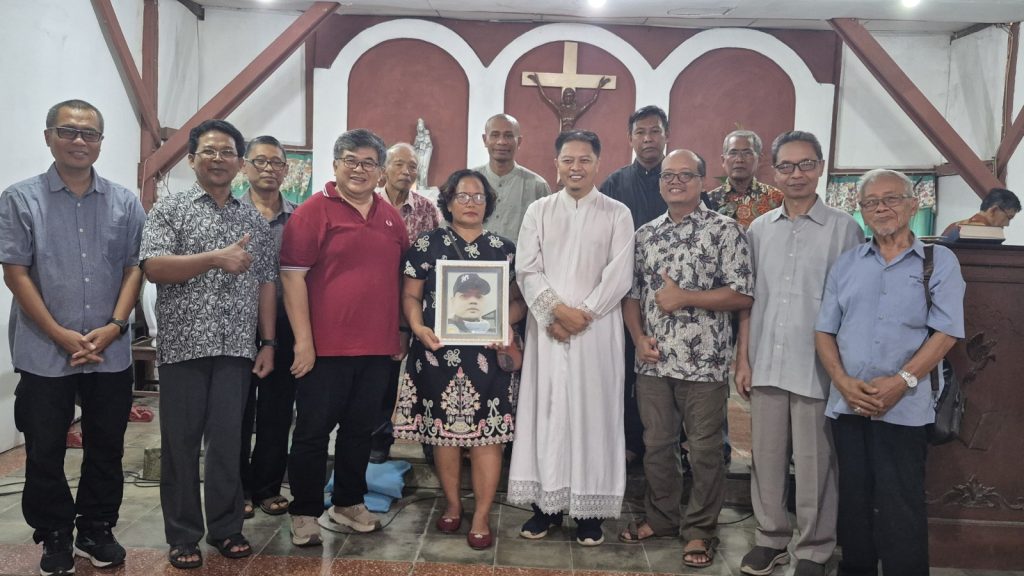The Jesuit brothers are proud and happy to see the ongoing development of Kursus Pertanian Taman Tani (KPTT – an ecologically friendly training in agriculture) in Salatiga. They are amazed that KPTT continues to thrive, especially since many of them have either worked or studied there. Positive trends at KPTT can be observed in its financial independence, increasing number of course participants, expanding services, and its role as an ecological study center.
This year, the IDO Jesuit brothers continued their program from the previous year, which includes retreats and family visits. In June 2025, KPTT and Bro. Dieng’s family were chosen for a visit, allowing the brothers to learn about KPTT’s current status. KPTT has transformed and can now support itself mainly through practices of sustainable and integrated farming. It is not a tourist destination but a training institution that sustains itself from agriculture and animal husbandry, which allows them to confidently teach these farming models.
A key aspect of sustainable and integrated farming is mutual service. Agriculture and its products are part of a process of serving each other within the natural cycle. For instance, at KPTT, care for cattle involves feeding, watering, and maintaining cleanliness, which enables the cows to produce milk and manure. This manure is processed into biogas, which serves as food for bacteria and fungi decomposing the manure into fertilizer. This cycle illustrates how interdependence in nature leads to sustainability, ultimately benefiting humans the most.

For KPTT, agricultural and animal husbandry courses are ways to cultivate ecological individuals. They offer a spirituality of ecological humanity, promoting harmony between humans, God, others, and nature based on principles from Laudato Si and Universal Apostolic Preferences (UAP). KPTT encourages each person to recognize their connections with God, others, and nature, and to develop ecological characteristics through thought, action, habit formation, and service to God.
Since 2021, KPTT has increased its services with various programs such as courses, internships, live-ins, field trips, and outreach activities. They believe that if only 5% of attendees are genuinely interested in ecology, that would be a success to celebrate.
During the retreat, the brothers were encouraged to reflect on fundamental questions about becoming ecological individuals, such as whether they have embraced ecological spirituality deeply, what specific forms of love for the environment they express, and what suggestions they would offer to increase others’ interest in ecology.
The family visit of Bro. Dieng in Ngawi-East Java started with a joint prayer and sharing among the brothers about their current missions. They discussed the joys and challenges they face, strengthening their call to serve together despite being in different places. Twelve brothers attended this year’s retreat and family visit, which included a mass commemorating the feast of Corpus Christi and honoring the deceased younger brother of Bro. Dieng. The retreat concluded with a visit to Brother Dieng’s family, where they introduced themselves and shared their responsibilities. The brothers recognize that families are essential to their vocation, as families initially nurture future Jesuit brothers. They prayed for families to continue to offer their sons to Jesuit life.
Contributor: Bro. Antonius Dieng Karnedi, S.J.



